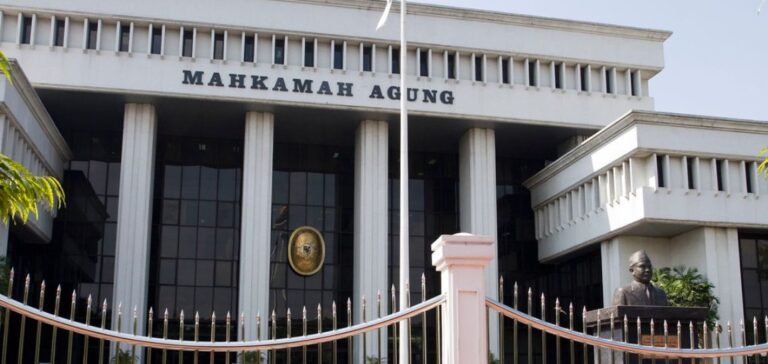The Jakarta Administrative Court recently overturned the Indonesian government’s decision to revoke the forestry license for the Rimba Raya project, a key development for investors such as Carbon Streaming Corp. This decision paves the way for a possible resumption of project activities, pending any appeal by the Ministry of the Environment and Forests (MOEF). Rimba Raya is one of the world’s largest carbon credit projects. To date, 25.70 million Rimba Raya credits have been retired, representing a significant proportion of nature-based offset credits. These credits have been used by companies worldwide to offset their carbon emissions.
Legal context and challenges
Toronto-based Carbon Streaming acquired Rimba Raya’s credits directly from the project developer. PT Rimba Raya Conservation, the licensee, challenged MOEF’s decision in 2023 to revoke the license, leading to a legal battle. The court ruled on July 11 that the revocation was void, but MOEF has 14 days in which to appeal.
Prior to this decision, an interim order issued on May 16 had suspended the revocation decree, allowing activities to resume for the duration of the appeal.
Implications and uncertainties
Despite this favorable decision, uncertainties persist. For the fiscal year ended March 31, Carbon Streaming had assessed the value of its investment at zero due to the revocation of the license. The company has indicated that it will reassess this value depending on the evolution of the project’s status and Indonesian regulations.
Carbon Streaming had signed a purchase and sale agreement with InfiniteEARTH, but PT Rimba Raya Conservation has since terminated its collaboration with the latter. Verra, the issuer of the credits, has suspended InfiniteEARTH’s account since May, making the future of the credits under the existing agreement uncertain.
Carbon Streaming is currently evaluating all legal options to protect its investment and enforce its contractual rights. Other players in the carbon credits market have also been impacted by this situation.
The Jakarta court’s decision is a crucial milestone for the Rimba Raya project, but many legal and operational challenges remain. Investors and stakeholders are closely monitoring developments to assess the potential impact on their businesses.






















